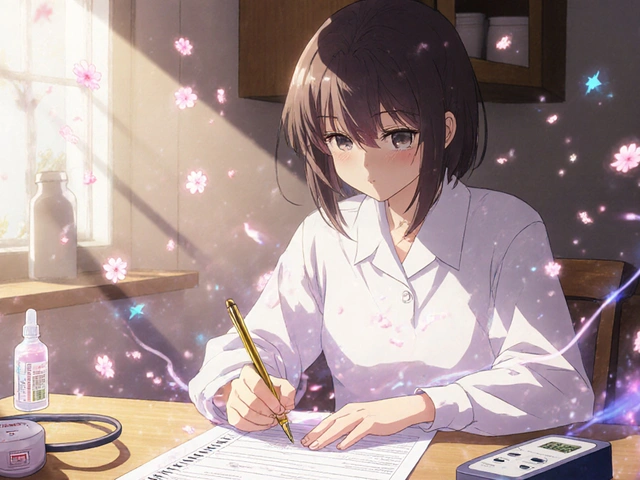Depression Peer Support: Real Help From Real People
If you’re feeling down and wondering who gets it, peer support might be the answer. Unlike therapy that comes from professionals, peer groups are built by people who have walked the same road. That shared experience can make you feel less alone, give you honest advice, and keep you motivated on tough days.
Why Peer Support Matters
When you talk to someone who has lived through depression, they speak your language. They know the sleepless nights, the guilt, the “why bother?” thoughts. This instant understanding cuts through the awkwardness of explaining your feelings to strangers. Studies show that people in peer groups often report lower stress and higher hope because they see others actually improving.
Peer support also adds a layer of accountability. A group check‑in can remind you to take medication, stick to a routine, or try a coping skill you’ve been avoiding. It’s not about judgment; it’s about nudging each other forward, one small step at a time.
How to Find the Right Support Group
Start with online platforms you already trust. Look for forums or social media groups that have clear rules about privacy and respectful interaction. Many sites let you browse posts before joining, so you can see if the vibe feels safe.
Local community centers, libraries, or churches often host in‑person meet‑ups. Call a few places and ask about meeting times, group size, and whether a facilitator is present. A facilitator isn’t a therapist, but they keep the conversation on track and make sure everyone has a chance to speak.
Don’t forget specialized groups. If you’re dealing with postpartum depression, for example, there are groups focused just on that. Same goes for teens, veterans, or people coping with chronic illness. Matching your specific situation can make the support feel more relevant.When you find a group that looks promising, try a single session. Notice how you feel when you walk out. Do you feel heard? Do you leave with a practical tip or a sense of relief? If the answer is yes, stick with it for a few weeks. If not, keep looking—finding the right fit can take a couple of tries.
Keep a simple log of what works. Write down the groups you try, the date, and a quick note on how it felt. Over time you’ll see patterns: maybe a virtual group fits your schedule better, or a smaller in‑person group feels less intimidating. This log helps you make informed choices without wasting time.
Finally, protect your privacy. Use a nickname if you’re nervous, and never share personal details (like your address) unless you’re absolutely sure the group is safe. Most reputable groups have a privacy policy; read it before you sign up.
Peer support isn’t a cure, but it’s a powerful tool you can add to therapy, medication, or self‑care. It gives you a community that understands, a place to vent, and practical ideas you can try right away. So take the first step: search for a group, attend a meeting, and see how it feels. You might be surprised at how much lighter things can get when you’re not fighting alone.
24 September 2025
Tessa Marley
Discover how support groups empower those battling depression, offering validation, coping skills, social connection, and relapse prevention in both in‑person and online formats.
Continue Reading...






